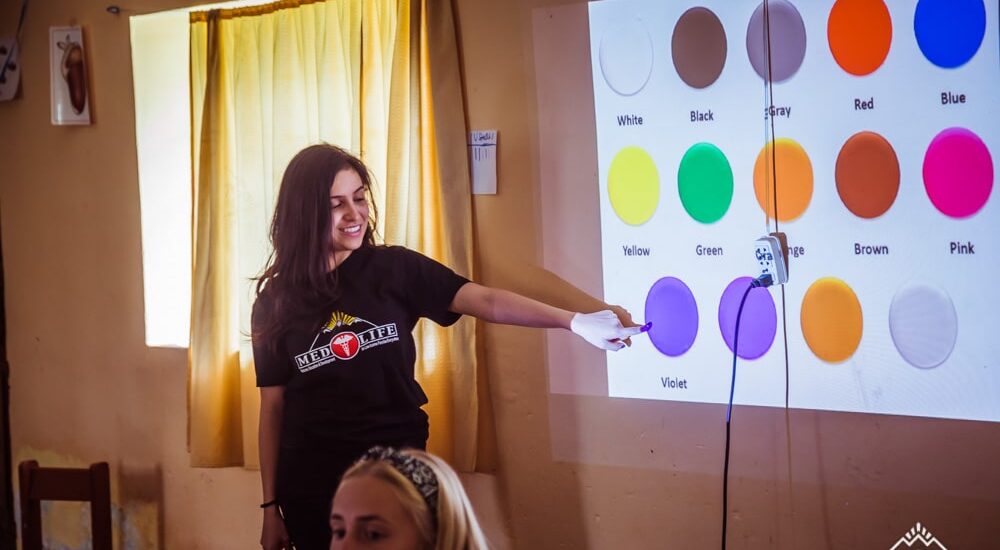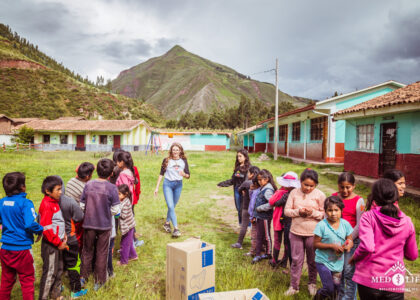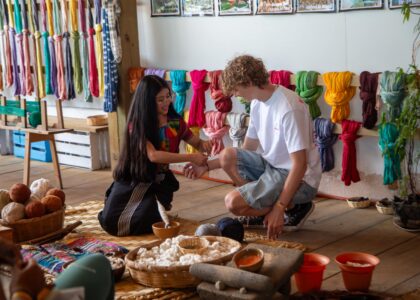Volunteering abroad offers students a unique opportunity to engage with diverse communities, creating an environment where meaningful human connections can flourish. These connections often transcend cultural and social boundaries, promoting empathy and understanding. When students volunteer, they do more than just provide a service; they build relationships that can have a lasting impact on both the volunteers and those they serve.
These human connections are vital in fostering a sense of community and belonging. Volunteers often find that the bonds they form with the people they help are mutually beneficial, leading to personal growth and a deeper sense of purpose. These relationships can inspire students to continue giving back, reinforcing the importance of service in their lives.
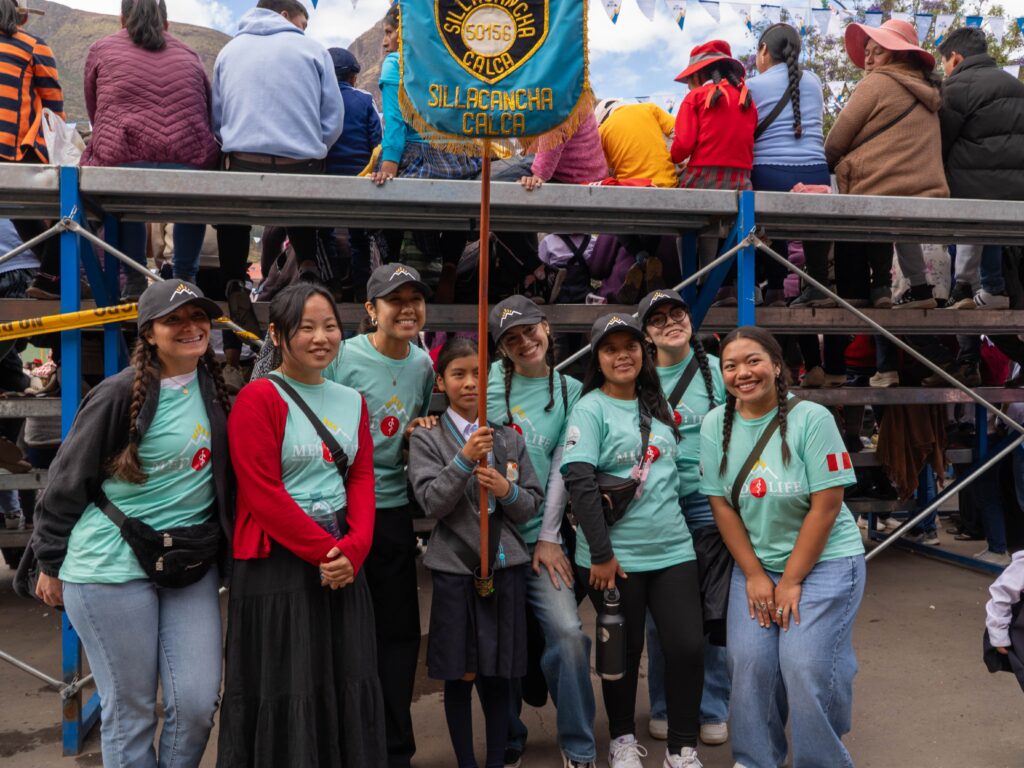
Personal Growth Through Volunteering: A Student’s Perspective
From a student’s perspective, volunteering is a powerful tool for personal development. It offers a platform for individuals to step out of their comfort zones, face new challenges, and develop a range of skills. Students often report increased self-confidence, improved communication abilities, and a greater sense of empathy after engaging in volunteer work.
Volunteering also provides students with a chance to reflect on their values and priorities. It can be a transformative experience, shaping their future career choices and their approach to life’s challenges. By helping others, students learn more about themselves and what they are capable of achieving.
Building Lifelong Friendships and Networks
One of the most rewarding aspects of student volunteering is the opportunity to build lifelong friendships and professional networks. Working alongside like-minded individuals who share a passion for service creates a strong sense of camaraderie. These friendships often extend beyond the volunteer experience, providing a support network that can be invaluable in both personal and professional contexts.
Additionally, volunteering can open doors to mentorship and career opportunities. Students frequently find that the connections they make while volunteering lead to internships, job offers, and other professional advancements. The network built through volunteering is a testament to the collaborative spirit and shared commitment to making a positive impact in the world.
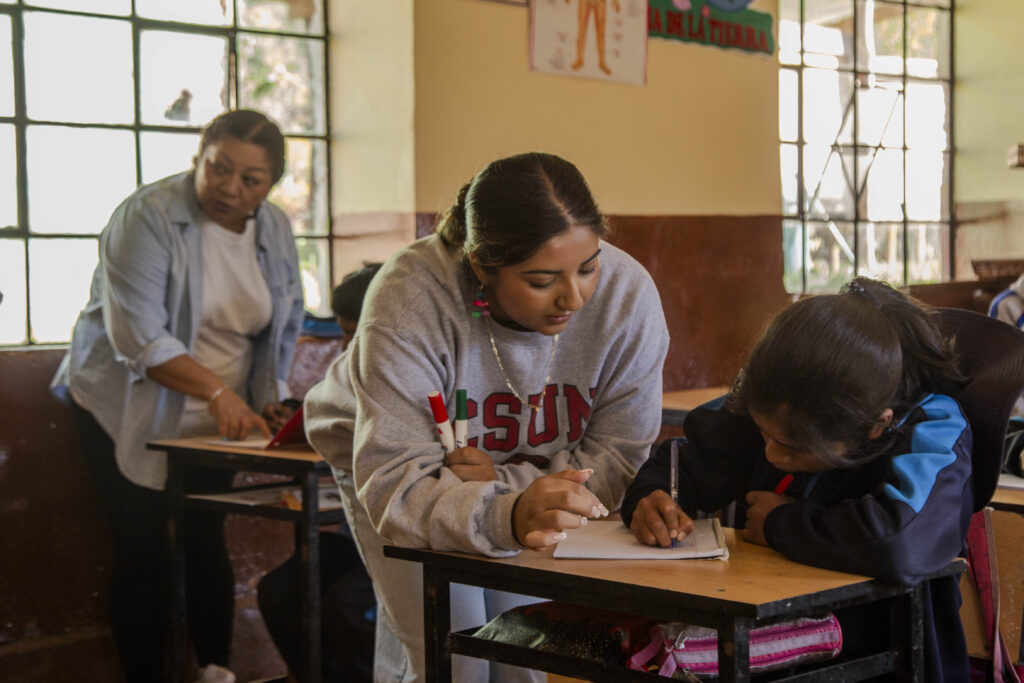
Community Engagement and Social Responsibility
Volunteering fosters a deep sense of social responsibility and community engagement. Students who volunteer become more aware of the issues facing their communities and are often inspired to take action. This heightened sense of social responsibility encourages students to advocate for change and become active participants in their communities.
Community engagement through volunteering promotes a culture of service and civic responsibility. It teaches students the importance of contributing to the common good and instills a lifelong commitment to helping others. This sense of duty and responsibility is a critical component of building stronger, more resilient communities.
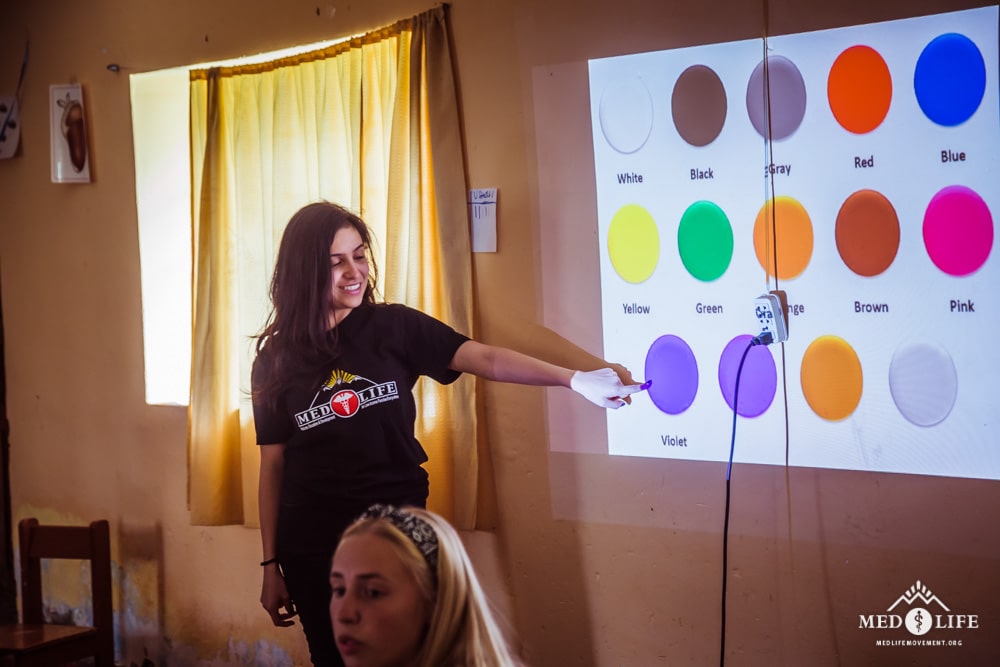
How Nonprofits Can Create Meaningful Student Experiences
Nonprofits like Engaged Education can play a crucial role in creating the foundations for meaningful volunteer experiences for students. By providing structured programs and clear objectives, nonprofit organizations can ensure that students have impactful and fulfilling experiences.
Furthermore, student travel abroad organizations should focus on creating an inclusive and welcoming environment for all volunteers. By recognizing and celebrating the contributions of student volunteers, nonprofits can foster a sense of belonging and appreciation. This positive reinforcement encourages students to remain engaged and continue their volunteer efforts.
Want to create meaningful travel experiences rooted in history, culture, and respect?
Download the Brochure to explore our student programs.


